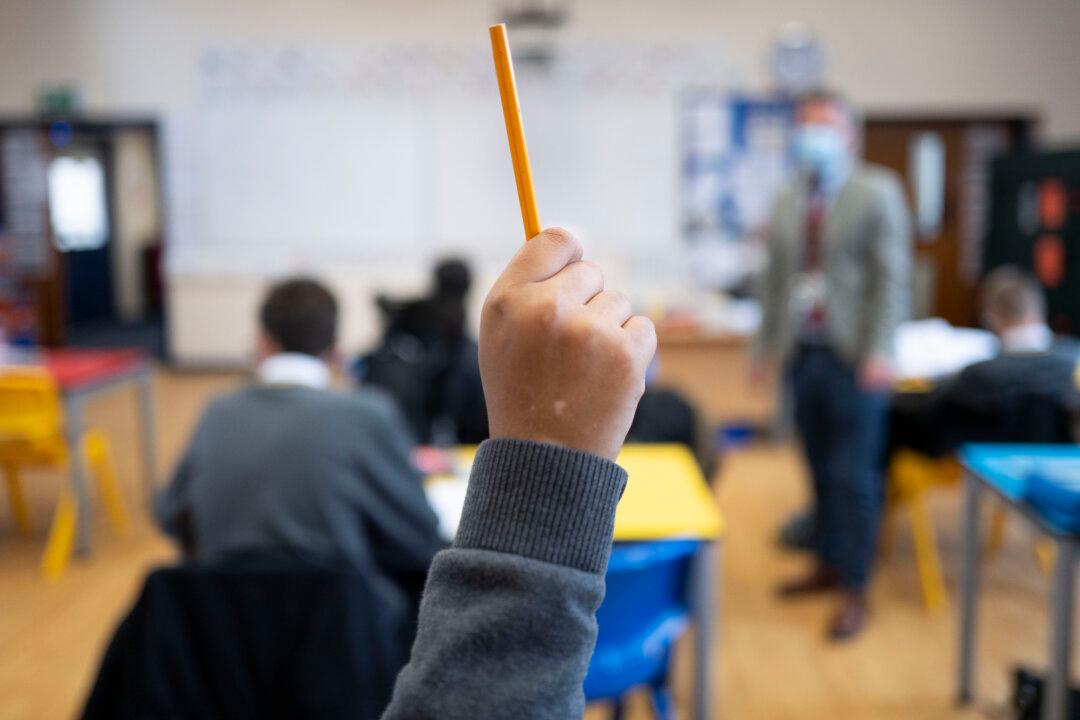Commentary
School board elections are heating up in Vancouver. The heat is caused, in part, by a group of trustee candidates pledging to bring back honours courses, which the current board abolished last year.

School board elections are heating up in Vancouver. The heat is caused, in part, by a group of trustee candidates pledging to bring back honours courses, which the current board abolished last year.